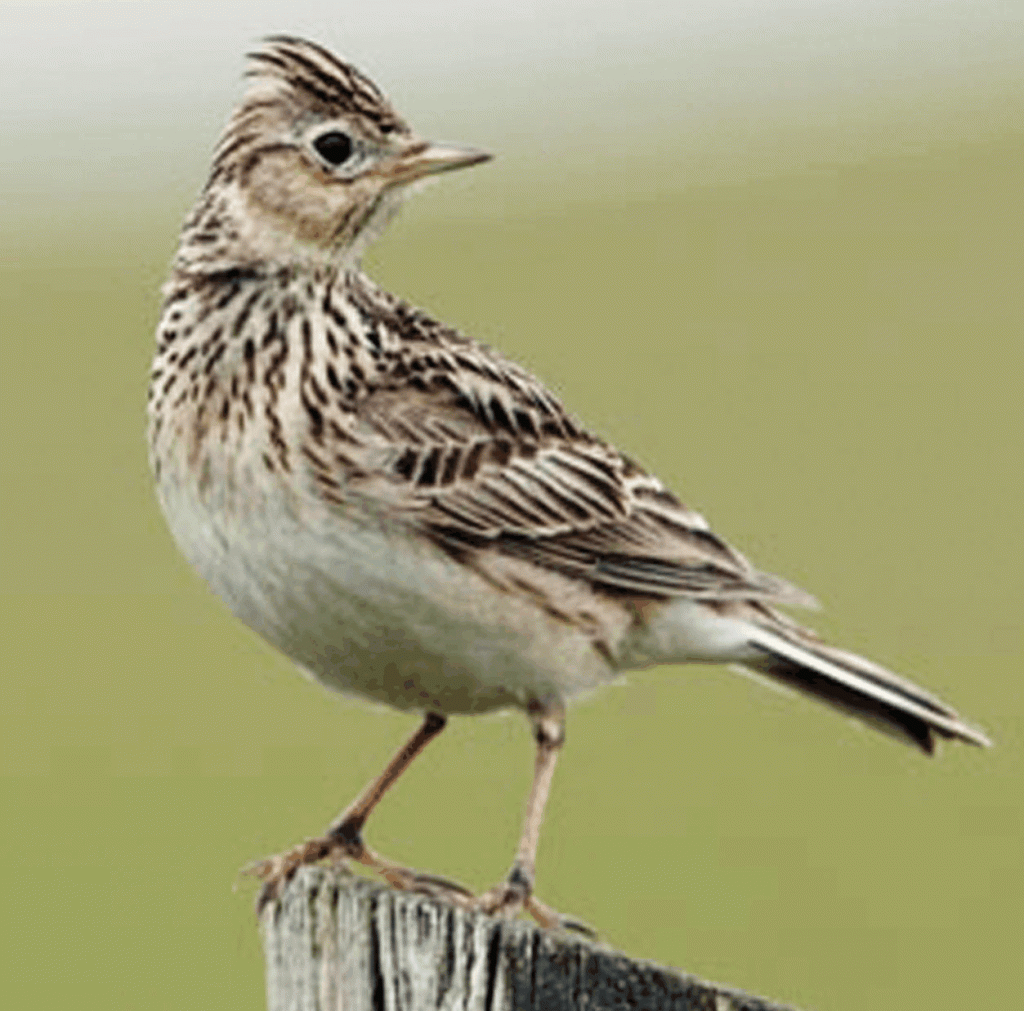Changes planned to protect birds

DEFRA is considering introducing extra environmental requirements under cross-compliance, to counter the effects of zero set-aside for 2008.
“There is evidence that set-aside can bring about benefits for biodiversity and habitats in intensively farmed landscapes, especially for species associated with arable crops,” said a government statement. “It can also reduce the risks of nutrients leaching into water from ploughed land.
“Over the next few weeks, we will work closely with our statutory advisers – Natural England and the Environment Agency – to examine the evidence for the scale and nature of the potential environmental consequences of removing set-aside, and to consider possible ways to address them.”
The statement added that it is the government’s long-standing policy to oppose compulsory set aside, because of its market-distorting effects. “We have therefore supported the Commission’s stated intention of removing this anomaly as part of the 2008 CAP Healthcheck.”
The Royal Society for the Protection of Birds said it welcomed the consultation, since there was a direct correlation between changes in the level of set-aside and changes in the farmland bird index. “We accept that set-aside is going, but we need strong safeguards otherwise bird numbers will nosedive,” said head of countryside conservation, Sue Armstrong-Brown.
She suggested putting the money that currently goes to set-aside entitlements into the agri-environmental schemes and possibly introducing an “environmental fallow” option, to preserve bits of the farm such as headlands as a bird-friendly habitat.
But the NFU claims that much of the UK’s set-aside land has relatively little environmental benefit. It insists that, whatever additional measures are required of farmers should be paid for within environmental schemes.
